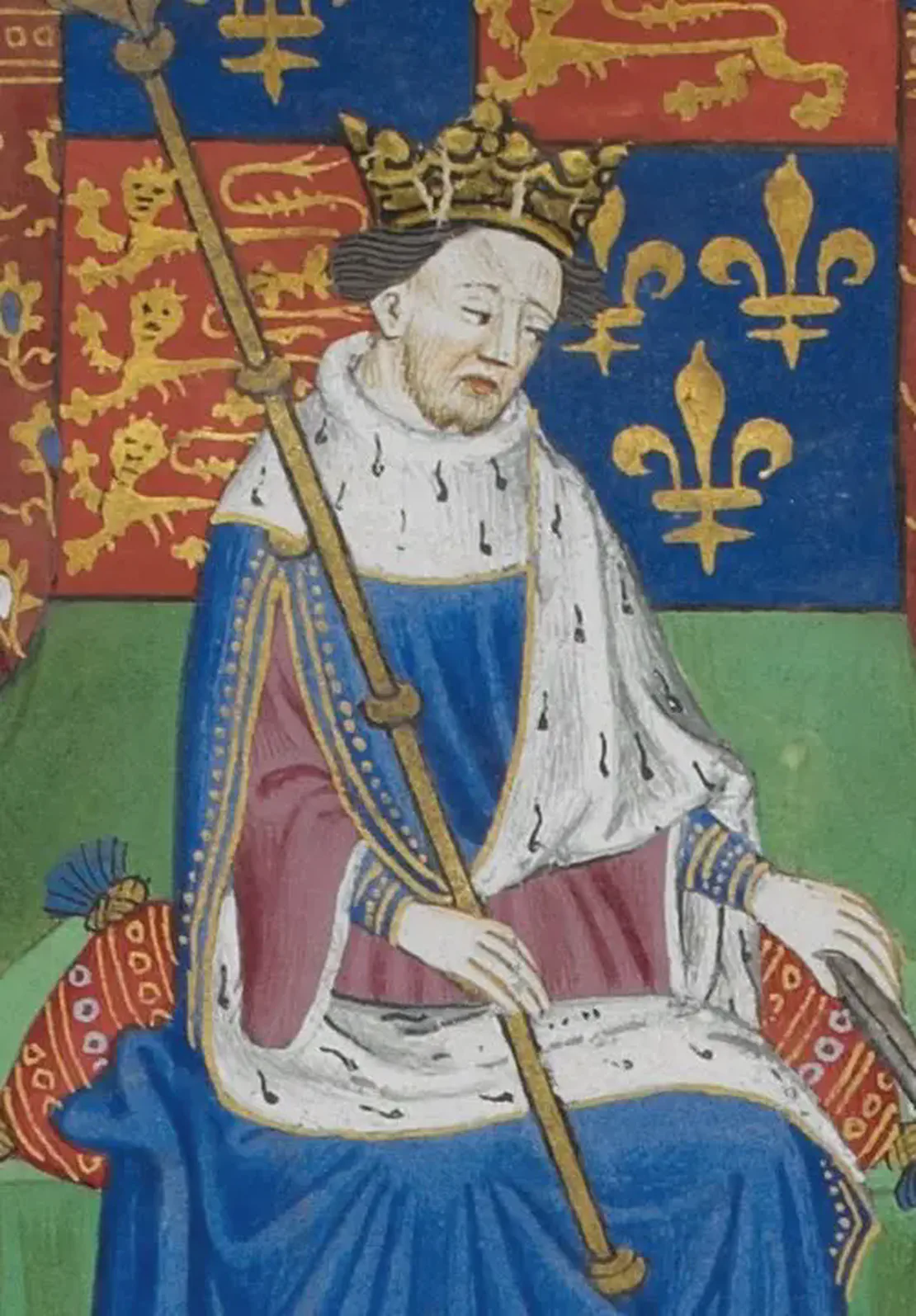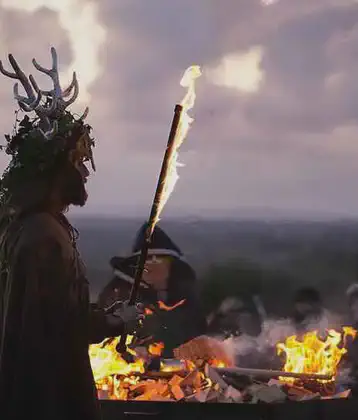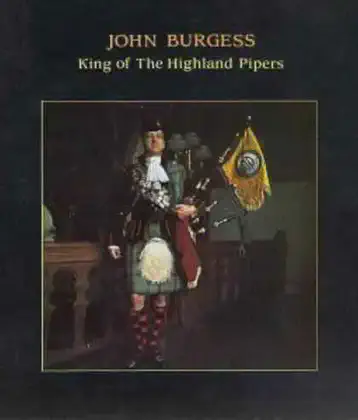On March 04, 1461 in Celtic History
King henry vi of england is deposed

Henry was deposed on 4 March 1461 by Richard’s son, who took the throne as Edward IV. Despite Margaret continuing to lead a resistance to Edward, Henry was captured by Edward’s forces in 1465 and imprisoned in the Tower of London. Henry was restored to the throne in 1470. Edward retook power in 1471, killing in battle Henry’s only son and heir-apparent, Edward of Westminster, and imprisoning Henry once again.
King Henry VI of England was deposed twice during his reign amidst the turmoil of the Wars of the Roses, a series of civil wars for control of the throne of England fought between the rival houses of Lancaster and York.
The first deposition occurred on March 4, 1461, after the Battle of Towton, where the Yorkists, led by Edward, Duke of York, secured a decisive victory over the Lancastrians. Following this battle, Edward was proclaimed King Edward IV of England, and Henry VI fled to Scotland and later to France, marking the end of his first reign.
Henry VI briefly regained the throne during a period known as the Readeption of Henry VI, which lasted from October 1470 until April 1471. This restoration was short-lived, as Edward IV managed to reclaim his throne after winning the Battle of Barnet on April 14, 1471, where he defeated the Lancastrian forces led by the Earl of Warwick. After Edward’s victory at the Battle of Tewkesbury on May 4, 1471, Henry VI was captured and imprisoned in the Tower of London, effectively ending his second reign. Henry VI died in the Tower on May 21, 1471, under circumstances that remain controversial, with many historians believing he was murdered on the orders of King Edward IV to eliminate any further Lancastrian challenges to his throne.
Henry VI’s reign was marked by his inability to provide strong leadership and the ongoing conflicts between the noble houses of England, which ultimately led to the Wars of the Roses. His deposition and the subsequent rise of the House of York significantly altered the course of English history.
Related Content

Shane Patrick Lysaght MacGowan, lead singer of the Pogues, died
Shane Patrick Lysaght MacGowan is an Irish-English musician and songwriter, best known as the lead singer and songwriter of the punk band The Pogues.
Read More
St Machar Day, patron saint of Aberdeen
Saint Machar is the Diocesan Patron Saint of Aberdeen; the Feast Day being observed on 12th November.
Read More
Oíche Shamhna - Cetlic New Year Eve (Halloween)
In Scotland and Ireland, Halloween is known as Oíche Shamhna, while in Wales it is Nos Calan Gaeaf, the eve of the winters calend, or first. With the rise of Christianity, Samhain...
Read More
ALBAN ELFED (Welsh Bardic name for autumn equinox)
Alban Elued, The Light of the Water, the first day of Autumn, was also called Harvesthome. Observed on September 21, the Autumnal Equinox was the day when the sun again began to...
Read More
Feast day of St. James
Guinness St. James Gate Since mediaeval times, Dubliners held an annual drinking festival in the Saint’s honor. Fittingly, Guinness chose St. James’ Gate as the site for their...
Read More
John Davie Burgess, King of the Highland Pipers, died at age 71.
John Burgess died on June 29, 2005 at the age of 71.
Read More
No location specified

No location specified

No location specified

No location specified

No location specified

No location specified

No location specified

No location specified